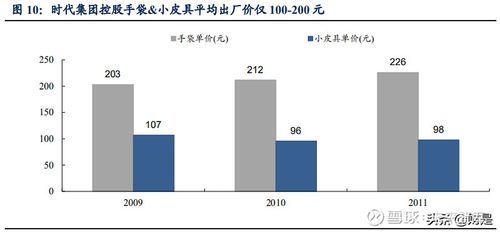Factors Contributing to Luxury Goods Markup
Luxury goods are often priced higher than their production costs due to a variety of factors that contribute to their exclusivity and premium status in the market. Here are some key factors that influence the pricing and markup of luxury goods:
One of the main reasons luxury goods are priced higher is the brand image and heritage associated with the product. Luxury brands invest heavily in building a reputation for exclusivity, quality, and prestige over time. Consumers are willing to pay a premium for products that are perceived as prestigious and carry a sense of history and tradition.
Luxury brands often limit the production of their products to maintain exclusivity and create a sense of scarcity in the market. Limited availability of a product can drive up demand and allow the brand to command higher prices. Consumers are willing to pay more for products that are rare and exclusive.
Luxury goods are made from the finest materials and are crafted with exceptional attention to detail and craftsmanship. The use of highquality materials and skilled artisans adds to the production costs of luxury goods, resulting in higher retail prices. Consumers value the superior quality and durability of luxury products, which justifies the premium pricing.

Luxury brands spend a significant amount of money on marketing and advertising to create a strong brand image and reach their target audience. These expenses are often factored into the retail price of luxury goods, contributing to the higher markup compared to nonluxury products. The perception of luxury and the lifestyle associated with the brand are key selling points for consumers.
Luxury brands often choose to sell their products through exclusive distribution channels such as flagship stores, highend department stores, and their own boutiques. By limiting the availability of their products to select retailers, luxury brands can maintain better control over pricing and presentation, creating a more luxurious shopping experience for consumers.
Owning luxury goods is often associated with social status and prestige. Consumers purchase luxury products not only for their quality and design but also for the symbolic meaning and status they convey. The high price of luxury goods can act as a signal of wealth and success, appealing to consumers who seek recognition and admiration from others.
Overall, the markup of luxury goods is influenced by a combination of factors including brand image, exclusivity, quality, marketing expenses, distribution strategy, and the aspirational value associated with owning luxury products. While the high prices of luxury goods may deter some consumers, for others, the prestige and exclusivity of these products are well worth the premium they pay.
